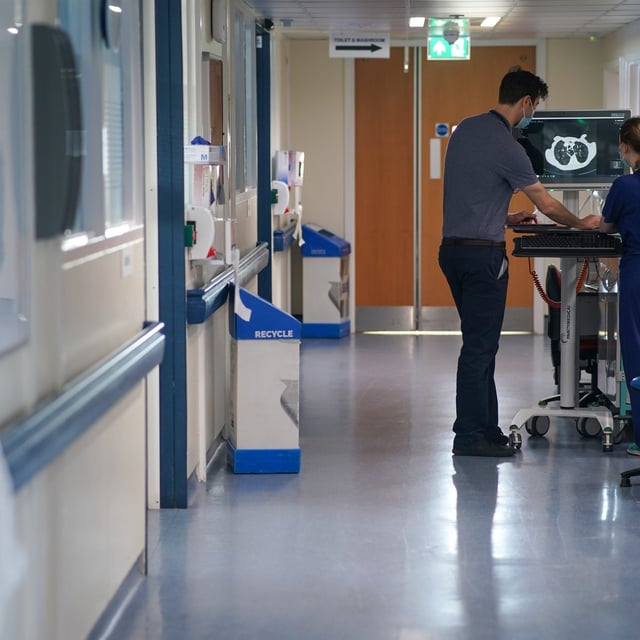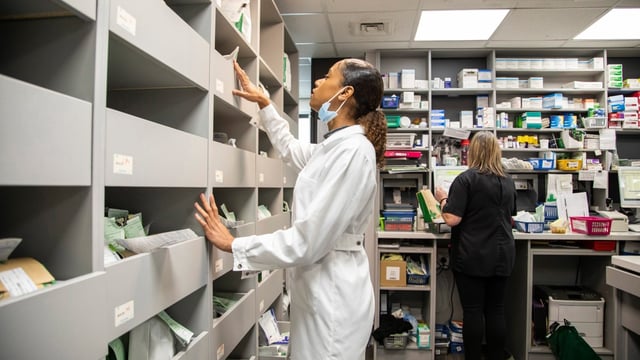Overview
- Royal College of Emergency Medicine (RCEM) report shows over half of patients on time-critical medications (TCM) in A&E are not identified within 30 minutes of arrival.
- 68% of doses for medications like insulin and levodopa are not administered within 30 minutes of the expected time, heightening risks of severe complications or death.
- Long A&E waiting times are cited as a key contributor to delays in timely medication delivery, exacerbating systemic inefficiencies in emergency care.
- The RCEM recommends early identification of patients on TCM, improved systems for timely administration, and clear staff responsibilities to mitigate these risks.
- The NHS has acknowledged the report's findings and committed to incorporating recommendations into its upcoming urgent and emergency care plan to improve outcomes.

